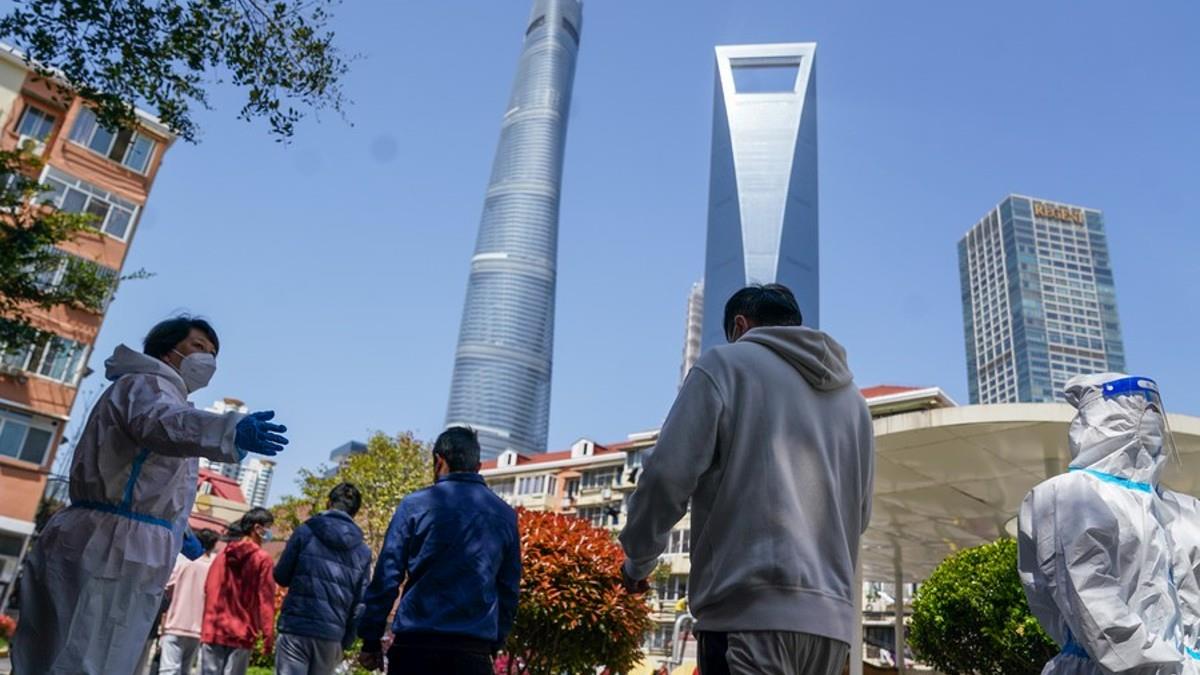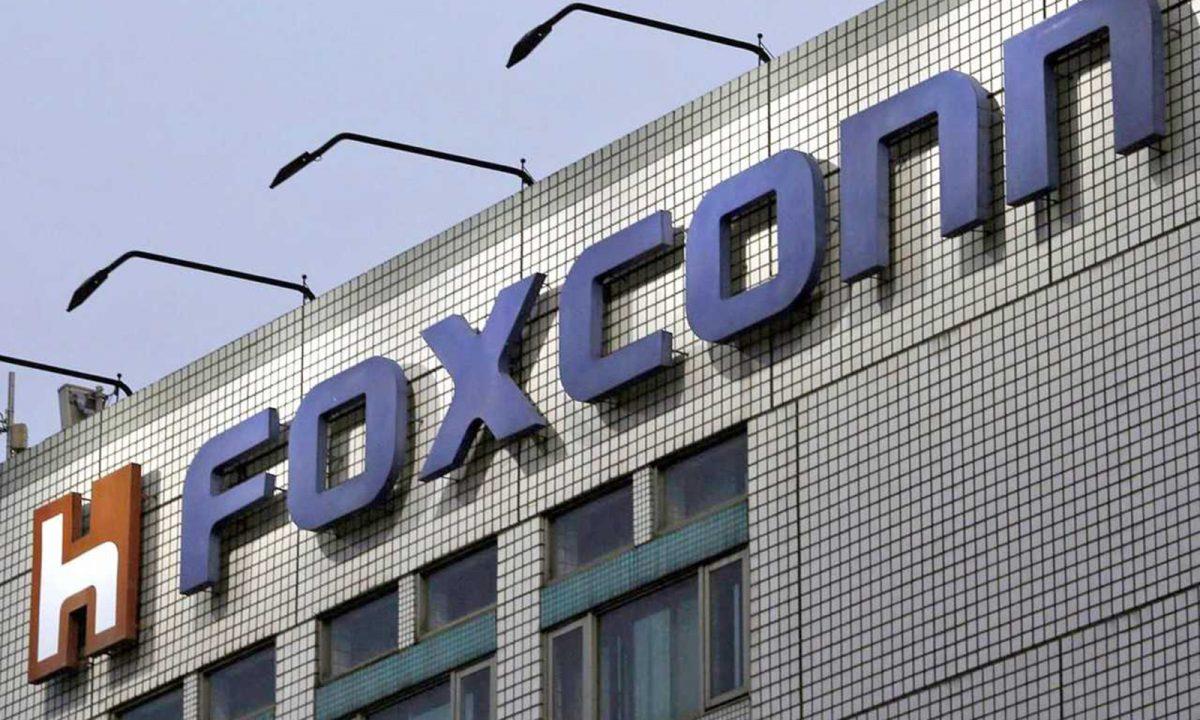
Shanghai Aims To Revive With 32 New High-Tech Projects
Shanghai has announced it will spend 63.47 billion yuan (US$9.24 billion) on 32 new industrial projects in Pudong, a bid to revive the city's economy after a devastating citywide Covid lockdown squeezed the life out of the business hub between March and May.
The Shanghai government said Tuesday the projects would cover biomedicine, artificial intelligence (AI), integrated circuits, automobiles and city function enhancement sectors. It also reiterated its plan to build world-class clusters of biomedicine, AI and integrated circuit firms in Pudong, the city's financial and trade district.
The announcement comes after China's largest commercial city, with a population of about 25 million, came to symbolize the economic devastation caused by Beijing's“zero-Covid” policy.
US and European chambers of commerce said at the time that around a quarter of their members were considering moving out of Shanghai. The chambers warned that, even if manufacturers were not leaving at this moment, they might consider other locales when adding new facilities and making new investments.

Residents queue up for nucleic acid tests in Pudong, Shanghai, on April 4, 2022. Photo: Xinhua
In the first seven months of this year, China's foreign direct investment (FDI) rose 3.6% to US$65.1 billion. FDI in the high-tech manufacturing sector increased 22.9% while that in the high-tech service industry surged 14.3%.
Wu Qing, vice-mayor of Shanghai, said the city still recorded FDI growth of $12 billion in the first half of this year, despite the domestic and international challenges.
Wu said the number of foreign firms' regional branches in Shanghai grew by 26 to a total of 857 during the first six months of this year while the number of foreign firms' research and development centers in the city increased by 10 to a total of 516.
However, shortly after Shanghai started to ease its Covid rules in late May, Digitimes reported that Taiwan-based Quanta Computer was considering relocating production of Apple's MacBook Pro from Shanghai to Chongqing.
In early June, Nikkei Asia reported that China's BYD, one of Apple Inc's iPad assemblers, had set up new production lines in Vietnam and would soon start to produce the tablets there.
On August 16, Nikkei Asia also reported mainland China's Luxshare Precision Industry and Taiwan's Foxconn had started test production of Apple Watches in northern Vietnam. It said Apple had asked suppliers to set up a test production line in Vietnam for the MacBook.
Last Saturday, Reuters reported Foxconn would build a new factory in northern Vietnam, but the company did not say which type of products it would produce there. Foxconn is already making iPads and AirPods in Bac Giang's Quang Chau Industrial Park.

Foxconn is among the foreign companies limiting their exposure to China. Photo: Handout
In August 2021, the Shanghai government unveiled a development plan for the Pudong New Area for the 14th Five-Year Plan period between 2021 and 2025.
According to the plan, Pudong will enhance its four functions of global resource allocation, science and technology innovation, leadership in high-end industries and serving as a hub for opening the economy. The area will also develop three“world-class” industrial clusters, namely for integrated circuits, biomedicine and AI.
The area's three-pillar manufacturing industries include electronic information, automobile and machinery. Other emerging industries in the area include cruise ships, new material and the online new economy, as well as projects related to quantum science, AI and genetic engineering.
The development plan did not achieve much progress in April due to Shanghai's virus outbreaks but started to regain momentum in June, according to the 21st Century Business Herald.
Pudong will build an AI ecosystem island, known as AIsland, in Zhangjiang Science City, for 4.24 billion yuan. It will also expand the Shanghai IC Design Industrial Park with a 4.43 billion yuan outlay and build the first phase of an incubator base in the Shanghai International Medical Zone (SIMZ) for 2.3 billion yuan.
Li Hui, director of the Pudong Science Technology and Economy Commission, said the 32 new industrial projects showed Shanghai's ambitions in developing innovative technology.
On Tuesday, Li granted awards to 13 companies, including BASF, General Electric, Nokia and Lenovo, as they responded to Pudong's call to set up incubators for startups in the area.
Last year, Pudong launched a scheme known as Group Open Innovation (GOI) to encourage industry leaders to create collaborative innovation networks.

Shanghai is aiming for the technological stars. Image: iStock
Among the first to answer the call were Johnson & Johnson's JLABS incubator and Microsoft's AI & IoT Insider Lab. So far the total number of GOI members has grown to 47.
Some analysts said whether foreign firms will set up more labs and offices in China depends on when the country ends all its still-strict quarantine rules. Currently, people are required to be isolated for seven days at hotels and three days at home after arriving in China.
Last month, a recent survey from Teikoku Databank, a Japanese credit research house, said the number of Shanghai-based Japanese firms decreased by 272 to 6,028 at the end of June compared to two years ago. It said the total number of mainland-based Japanese firms fell by 940 to 12,706 over the same period.
Teikoku Databank said the decline was caused by serious disruptions to supply chains amid prolonged Covid lockdowns across different Chinese cities.
Read: Beijing calls on foreign firms to stay put in HK
Follow Jeff Pao on Twitter at @jeffpao3

Legal Disclaimer:
MENAFN provides the
information “as is” without warranty of any kind. We do not accept
any responsibility or liability for the accuracy, content, images,
videos, licenses, completeness, legality, or reliability of the information
contained in this article. If you have any complaints or copyright
issues related to this article, kindly contact the provider above.

















Comments
No comment